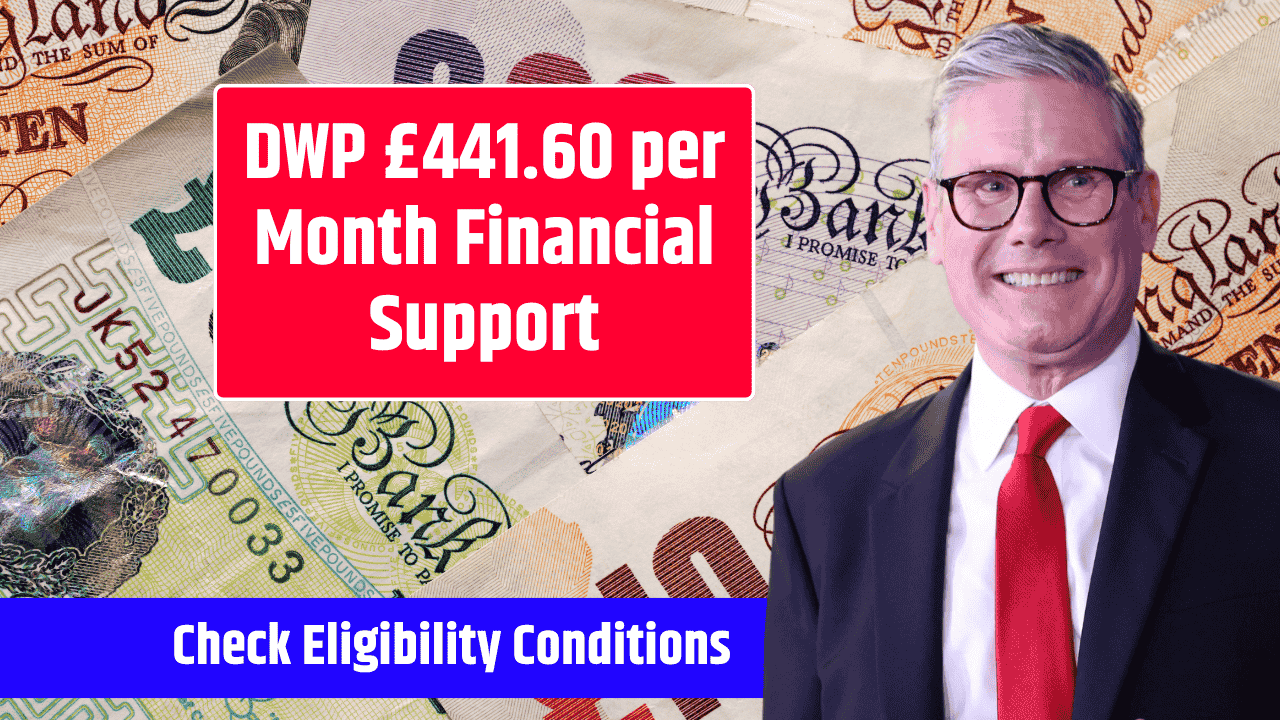The Department for Work and Pensions (DWP) has revealed that 1.7 million people in England, Scotland, and Wales are currently receiving Attendance Allowance. This benefit is designed to help older individuals with daily living expenses, supporting their independence and allowing them to remain in their own homes for longer.
However, many people receiving Attendance Allowance could be missing out on an increase in their payments. For those on the lower rate of £73.90 per week, it’s essential to keep the DWP updated about any changes in circumstances, as you might qualify for the higher rate of £111.40 per week.
How Much Could You Be Owed?
If you are eligible for the higher rate, your payments could increase by £36.50 per week, or £146 per month, boosting your total annual amount from £295.60 to £441.60. This means you could be entitled to an extra £1,752 a year!
For those living in Scotland, the Pension Age Disability Payment (PADP) has replaced new claims for Attendance Allowance.
Who Should Contact the DWP?
If your circumstances have changed, particularly if your health has declined, it’s important to contact the DWP immediately. Reporting changes promptly can lead to higher payments for those currently receiving the lower rate.
Some of the reasons to contact the DWP include:
- Entering a hospital or care home – provide details like the address, dates, and how your stay is funded.
- Terminal illness diagnosis – if a medical professional has stated you have 12 months or less to live.
- Leaving the country for more than four weeks.
- Entering prison.
- Changing your name, address, or bank details.
- Stopping your benefit payments.
- Changes to your doctor’s details.
- Changes to your immigration status, if you’re not a British citizen.
Reporting a Change for Additional Help
If your disability or illness has worsened, you should contact the DWP to report a change in your needs. This includes needing more help or supervision throughout the day or night, even if you don’t currently receive assistance. Examples include:
- Help with personal care – dressing, eating, using the toilet, bathing, etc.
- Help to stay safe – if you’re more prone to accidents or need support with tasks.
You should also report a change if you need more physical or emotional help, or if completing personal tasks has become harder, slower, or painful. Attendance Allowance is not just for physical disabilities but also for conditions like:
- Mental health conditions
- Learning difficulties
- Sensory impairments (e.g., being deaf or blind)
The Most Common Conditions Supported by Attendance Allowance
According to the DWP, arthritis is the most common condition for which people claim Attendance Allowance, with over 483,000 people receiving support for it. However, more than 50 different conditions are covered, including:
- Arthritis
- Spondylosis
- Parkinson’s disease
- Multiple sclerosis
- Heart disease
- Cystic fibrosis
- Epilepsy
- Diabetes
- Dementia
- Blindness and deafness
- Motor neurone disease
- Chronic pain syndromes
People who are terminally ill can also receive support through Attendance Allowance.
Can You Claim Attendance Allowance with Savings or Other Income?
Yes! Attendance Allowance is not means-tested, which means it doesn’t matter how much you have in savings or other income. There is no limit to your savings, and the benefit is tax-free. Additionally, you will be exempt from the Benefit Cap, meaning your other benefits won’t be reduced.
Does Attendance Allowance Affect My State Pension?
No, Attendance Allowance will not affect your State Pension. You can even claim Attendance Allowance if you’re still working and earning money.
How Does Attendance Allowance Affect Other Benefits?
Receiving Attendance Allowance may also increase other benefits you get, such as:
- Pension Credit
- Housing Benefit
- Council Tax Reduction
Contacting the DWP
If you think you may be eligible for an increased rate or have experienced any changes in your condition, contact the DWP right away. You can reach the Attendance Allowance helpline at 0800 731 0122 from 8 am to 6 pm, Monday to Friday. For further guidance, you can visit the GOV.UK website for more information on reporting a change.
FAQs
What is Attendance Allowance?
Attendance Allowance is a benefit for older people who need help with daily living tasks due to illness or disability. It helps them remain independent and stay in their own homes for longer.
How do I report a change in my circumstances for Attendance Allowance?
You can report a change in circumstances to the DWP if your condition worsens, or if you experience significant life changes such as hospitalization, moving into a care home, or changing your address or bank details.
How much could I be owed in Attendance Allowance?
If you’re on the lower rate of Attendance Allowance (£73.90 per week), reporting a change in your condition could increase your payment to the higher rate of £111.40 per week, giving you an extra £36.50 weekly, or £146 monthly.
Can I claim Attendance Allowance if I have savings or other income?
Yes, Attendance Allowance is **not means-tested**, so it doesn’t matter how much savings or income you have. It is also **tax-free** and won’t affect other benefits like State Pension.
Does Attendance Allowance affect other benefits I receive?
Yes, receiving Attendance Allowance may increase other benefits, such as **Pension Credit**, **Housing Benefit**, and **Council Tax Reduction**. It can also provide additional financial support for those with increased needs due to illness or disability.






